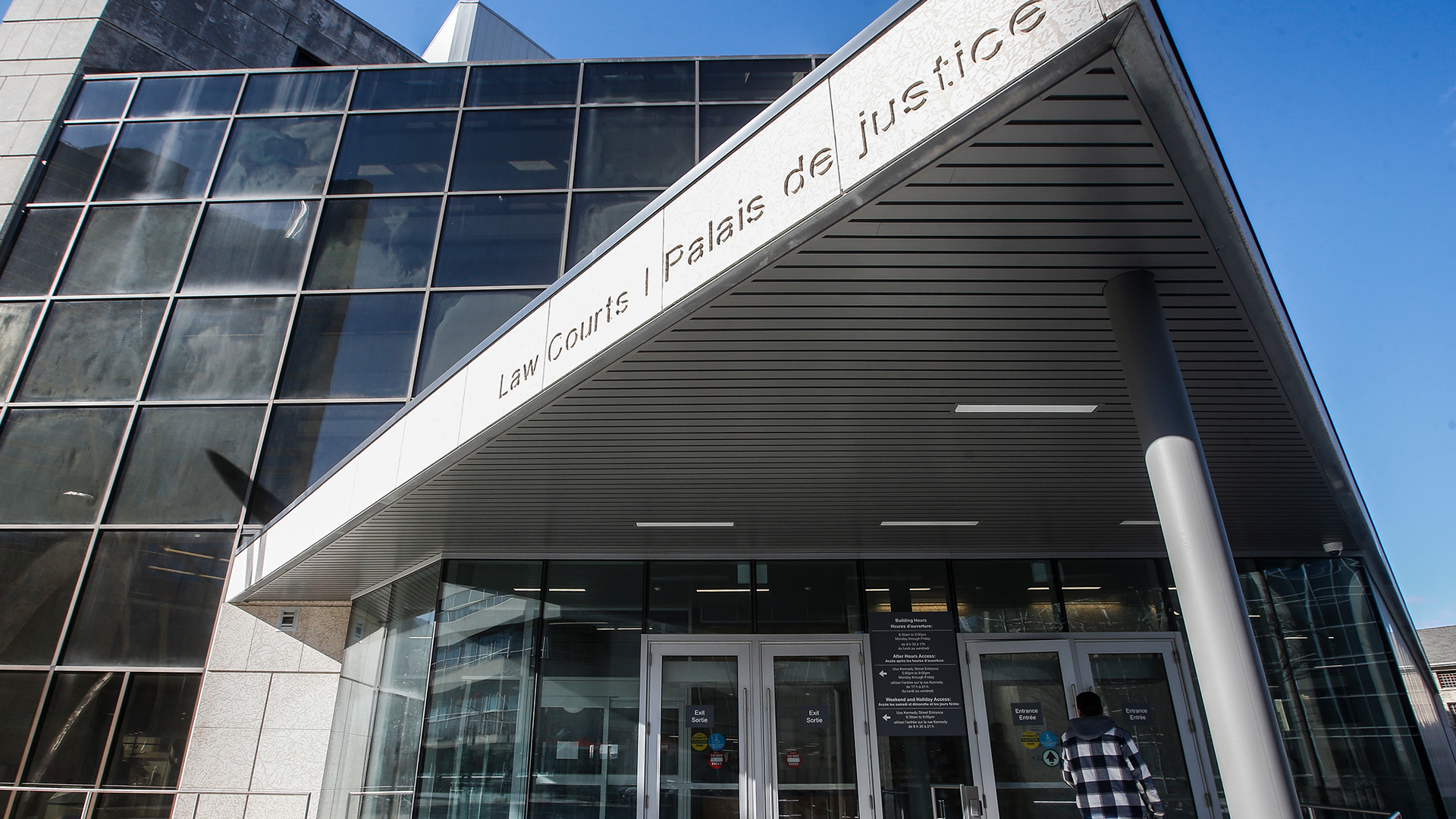
(This article was translated from the French.)
It is clear that Canada’s criminal justice system is ill-equipped to deal with cases of sexual assault. Most victims do not go the legal route, and those who do describe the experience as traumatic. To be sure, the criminal justice system has seen substantial changes in this area since the 1970s. In 1976, Parliament removed the requirement for the victim’s testimony to be corroborated by other evidence. Previously, there had to be independent proof that the crime had in fact been committed by the defendant. Therefore, medical evidence of forced penetration did not guarantee a guilty verdict, since it didn’t establish the perpetrator’s identity. Today, credible victim testimony identifying the assailant is considered sufficient.
In 1983, in another major reform, Parliament replaced the concepts of “rape” and “indecent assault” with “sexual assault.” It abolished the recent complaint rule, whereby in “genuine” cases of sexual assault the victim had to report the crime as soon as possible after the event. That rule utterly failed to consider the victim’s experience. A 2014 study of criminal victimization in Canada found that only 5 percent of sexual assault victims reported the crime to police, compared with 45 percent of victims of robbery. We also know that victims of sexual crimes do not complain immediately after the fact.
The 1983 reform also made the victim’s sexual history inadmissible. Until then, evidence of the victim’s “loose morals” would be used to prove that she must have consented to the sexual relations in question, or that it made her an immoral person who could not be counted on to tell the truth in court. Legal commentators had often criticized the lack of respect for the complainant’s privacy. Victims were revictimized when the details of their private lives were laid out in court. They felt assaulted again, this time by the courts that were supposed to see to it that justice was done.
The law no longer allows the victim’s sexual history to be used to establish loose morals or a propensity for lying. However, sexual history can still be introduced if the defence of the accused requires it. To meet that test, three conditions must be met: the evidence must be of specific instances of sexual activity, be relevant to an issue at trial, and have significant probative value that is not substantially outweighed by the danger of prejudice to the proper administration of justice.
Since the emergence of the #MeToo movement, criticisms have been levelled against the presumption of innocence in sexual assault cases and the argument has been made that the courts afford greater protection to assailants than to victims. However, the presumption of innocence is a cornerstone of our criminal justice system and discarding it would be dangerous. At the same time, the presumption of innocence should not be interpreted to mean that the victim’s word is not to be trusted. It means only that the crime must be proven for the defendant to be found guilty.
The presumption of innocence doesn’t mean the victim’s word is not to be trusted. It means only that the crime must be proven for the defendant to be found guilty.
Nevertheless, many victims say they do not trust the legal system and are reluctant to come forward for that reason. While such misgivings cannot by themselves explain the wide gap between reporting of sexual assault and that of other crimes, they must be taken into account. In the aforementioned study, more than 43 percent of respondents said they had not filed a complaint because they thought the police wouldn’t consider the matter important. But any sexual act without the other person’s consent is a crime, and any crime should be deemed important by the police.
A first step to encourage more victims of sexual assault to report it would be to improve training for police officers in the handling of sexual assault cases, as the Quebec Bar has recommended. Setting up special units to deal with sexual assault could also help raise victims’ level of trust.
In the 2014 study, victims also cited other reasons for not reporting their assailants: 67 percent of respondents said they considered it a private or personal matter because the assailant was their father, stepfather, uncle, brother or friend, and it had been dealt with informally. In fact, 86 percent of children and 71 percent of adults who are sexually abused know their abuser. The idea of tearing their family apart or sending a family member to jail can therefore discourage victims from coming forward. While this is not the fault of the legal system, that is no reason not to improve it.
According to a study prepared for the Department of Justice Canada, some victims are disappointed by the results of their efforts. They had expected to regain a measure of control over their lives but had to come to terms with the fact that their story no longer belonged to them, for it was up to the prosecutor to decide whether to lay charges. On this score, the French example deserves our attention. In France, victims have a say in the conduct of criminal proceedings and are allowed a more active role in the process. For example, victims are entitled to a lawyer, are allowed privileged access to the information about their case and have a right to be involved in the proceedings. The latter right is of particular interest: it means that victims can request actions, participate in gathering evidence, question witnesses, file submissions, plead, challenge and criticize. It might be appropriate to consider whether such arrangements would be possible under Canadian law.
Prejudices about sexual assault victims must also be tackled. The Supreme Court has urged judges to be attentive to this point but judicial discourse is still tainted by prejudice at times. It is not unknown for judges or prosecutors to betray preconceived notions. Training should be provided for all actors in the legal system – judges, defence attorneys, Crown prosecutors – as well as police officers. It is also the role of government to conduct public education and information campaigns. The trivialization of sexual assault and victim-blaming must end. No attire, behaviour or smile can justify sexual assault.
The creation of specialized courts is another possible approach, as suggested at the International Society for the Reform of Criminal Law conference in 2016. In Quebec, the idea was picked up by MNA Véronique Hivon and the Parti Québécois, which has pledged to create a sexual and domestic violence division of the Court of Quebec if elected. Special courts of this type in other jurisdictions, such as South Africa, have led to better training for the actors in the legal system.
Lastly, avenues other than criminal trial could be made available in cases of sexual assault. Providing a wider range of legal options is a route that would require considerable work but would prove more satisfactory in the long run, for it would create alternatives that are more mindful of the victim’s perspective. Meetings with victims who are prepared to talk about their experiences with the justice system would be one way to start framing such solutions. Lawmakers should also consider creating a forum whose aim would not necessarily be law enforcement but rather providing opportunities to speak and pursue restorative justice.
All these avenues – training for police officers and actors in the legal system, public information campaigns to fight prejudices about sexual assault, specialized courts, new legal options – are changes that would benefit victims of sexual assault. Now it is up to government to take action.
This article is part of the Widening the Lens on Criminal Justice Reform special feature.
Photo: Shutterstock/Hayk Shalunts
Do you have something to say about the article you just read? Be part of the Policy Options discussion, and send in your own submission. Here is a link on how to do it. | Souhaitez-vous réagir à cet article ? Joignez-vous aux débats d’Options politiques et soumettez-nous votre texte en suivant ces directives.








